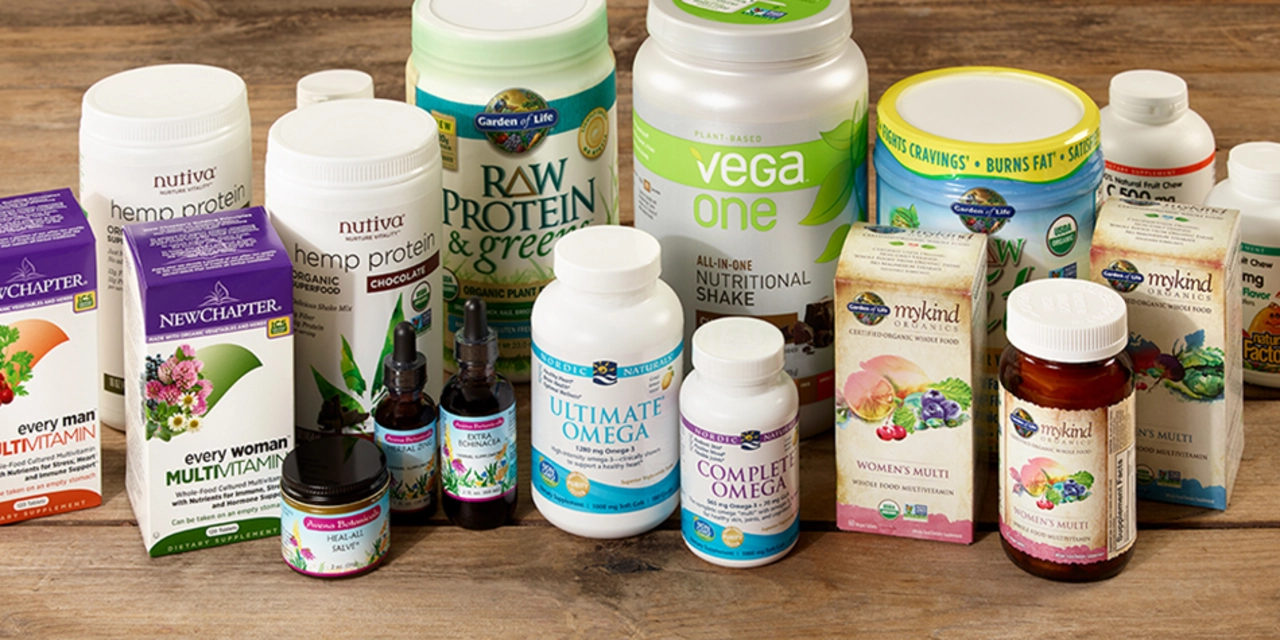Herbal remedies: practical, safe, and real — what to know
Herbal remedies can help with mild problems, but they are not magic. Start by asking: what symptom are you treating and why? Think clear goals—better sleep, less inflammation, or a stronger immune system. Pick one herb at a time so you can see effects and spot side effects.
Quality matters. Look for standardized extracts, batch testing, and clear ingredient lists. Organic and third-party tested labels help, but read reviews and avoid brands that promise miracle cures. If something sounds too good, it probably is.
Know interactions. Herbs can change how drugs work. For example, St. John's wort lowers levels of many prescription meds. Garlic and ginkgo can increase bleeding risk when you take blood thinners. If you are on medications like metformin or clozapine, check with your doctor before adding any supplement.
Start small. Try a low dose for two weeks and track symptoms and side effects in a simple notebook or an app. If nothing changes after a month, don't keep doubling the dose. Different forms matter too—teas, tinctures, and capsules deliver different strengths and speeds.
Look at specific herbs sensibly. Tribulus terrestris is often used for libido and mild stamina gains, but human study results are mixed and quality varies by brand. Star anise is useful in cooking and may ease digestion; avoid raw star anise species that can be toxic and stick to food-grade or supplement forms. American chestnut extracts are marketed for immune and anti-inflammatory benefits, but stronger clinical evidence is limited.
Check safety labels: pregnancy, breastfeeding, children, liver disease, and allergies are common red flags. If the product lacks dosing instructions or lists proprietary blends without amounts, pass on it. Supplements are not regulated like drugs, so a cautious approach saves you trouble.
Where to buy? Use known retailers, local health stores, or reputable online sellers with clear return policies. If you order internationally, check for contaminant testing and realistic shipping claims. Read the fine print on ingredients and country of manufacture.
Keep records. Save receipts, photos of labels, and lot numbers. That helps if you report side effects to a health agency or need a refund. Try a single new product at a time so you link outcomes to that product.
Talk to a pharmacist before mixing herbs with prescription meds. Pharmacists often know interaction risks and can suggest safer alternatives or timing tricks. For example, spacing a supplement away from an acid-reducing drug can improve absorption.
Track results and adjust. If you notice headaches, stomach upset, dizziness, or new symptoms, stop the herb and get medical advice. Many side effects clear after stopping, but some need testing. Treat herbal use like any medicine: watch closely and be ready to act.
If you're curious about specific supplements, we cover tribulus, star anise, and American chestnut on this site with practical notes and sourcing tips. Use those pages for deeper reading, and always pair what you learn with a quick chat with a clinician. Be practical, cautious, and curious about results and track changes daily.
